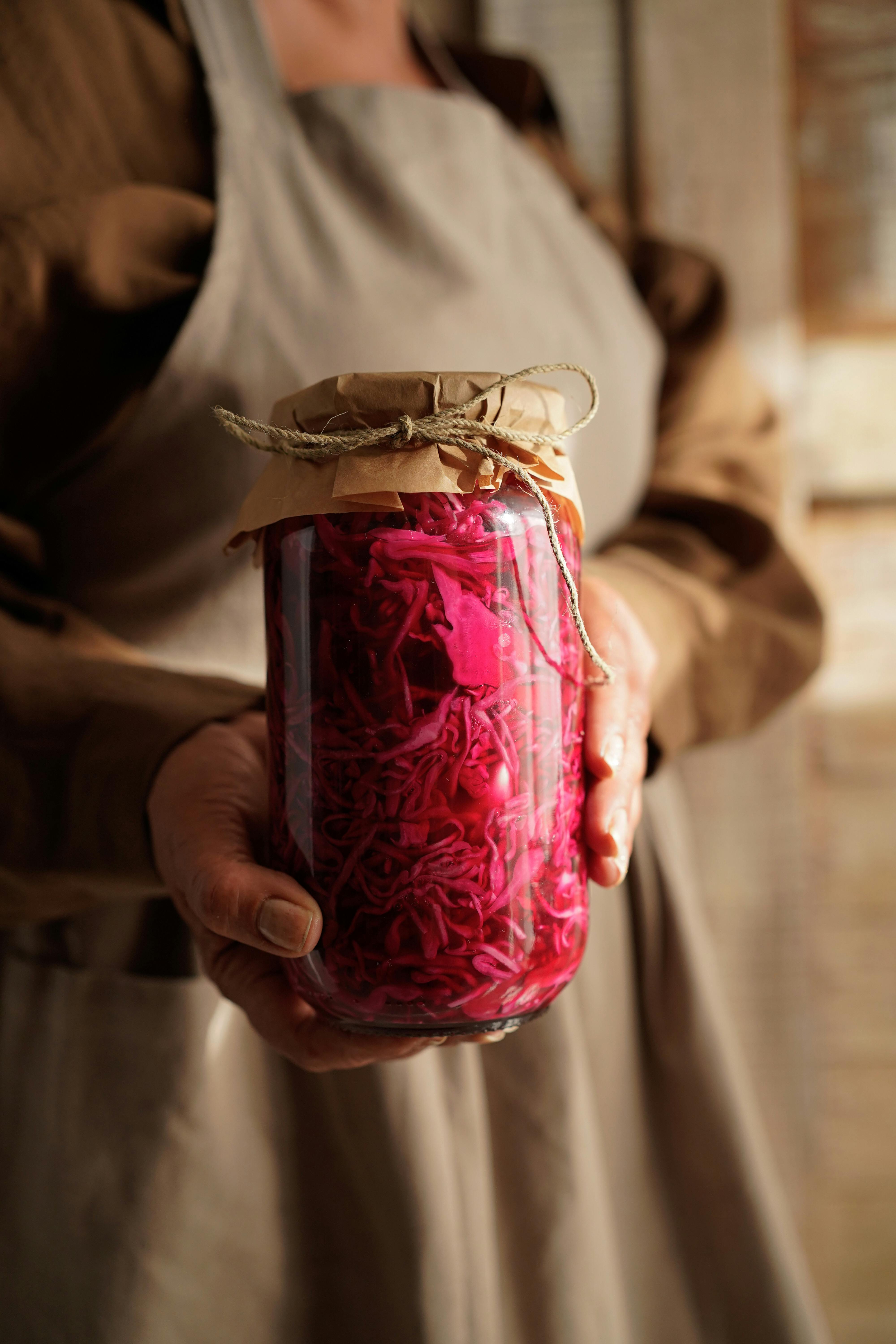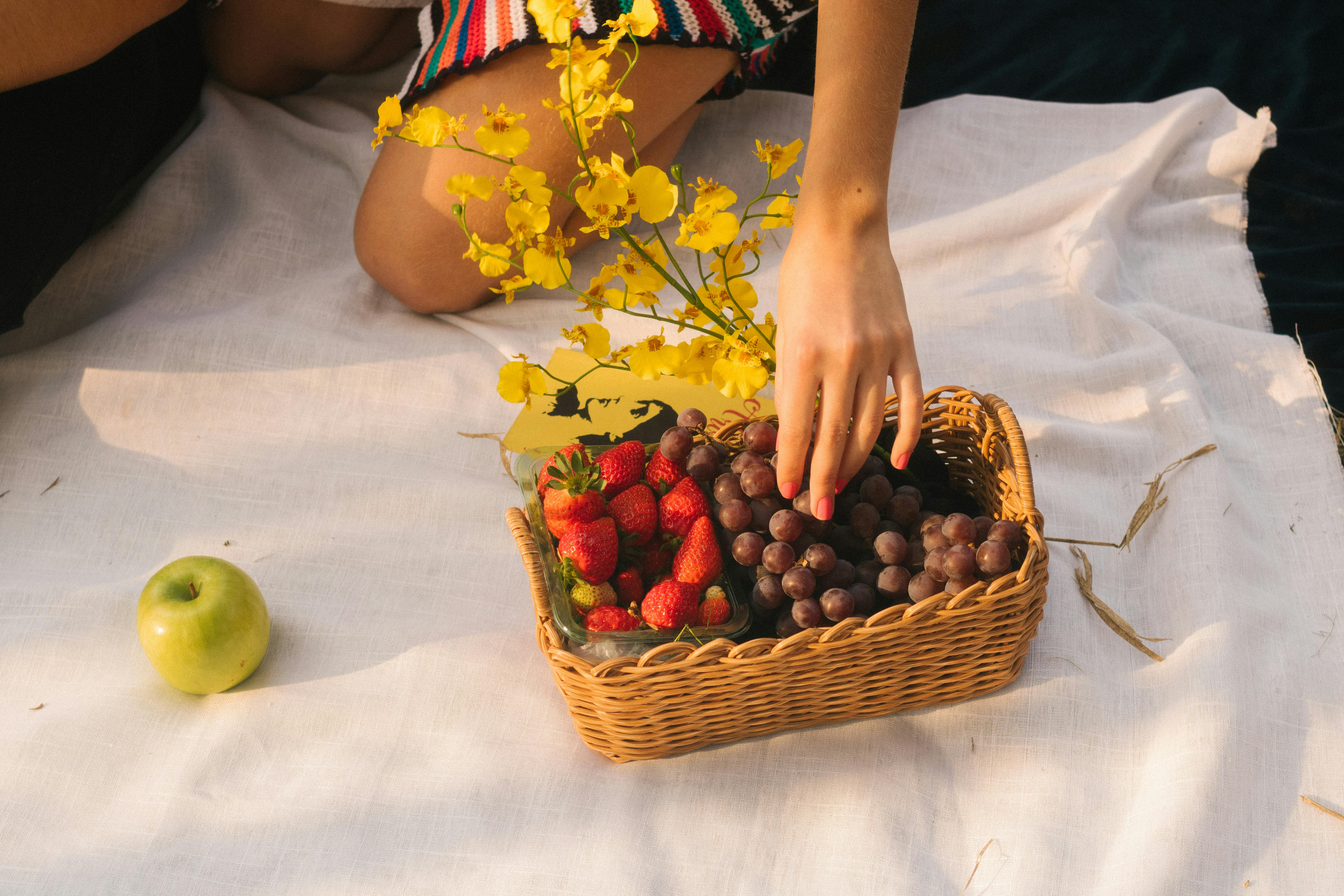
Best 5 Colonoscopy Diet Tips for Effective Preparation in 2025
Preparing for a colonoscopy can be daunting, and much of the success hinges on following a proper colonoscopy diet. The right diet will not only facilitate the procedure but also ensure your body is ready for optimal results. In this article, we'll delve into five valuable tips for a successful pre-colonoscopy diet as well as proper hydration before colonoscopy. These guidelines will help simplify the dietary adjustments and make the preparation process smoother.
Understanding the Pre-Colonoscopy Diet
Before embarking on your colonoscopy preparation, it is essential to comprehend the dietary restrictions and recommendations involved in the process. Adhering to a fiber-free diet is crucial in the days leading up to the procedure. This diet aims to minimize the residue in your intestines, allowing for clearer imaging during the examination. A focus on clear liquid diet options is a foundational element, ensuring that you consume foods easily digestible while maximizing hydration. This ensures that the gastrointestinal tract is clean and ready for the procedure.
Foods Allowed Before Colonoscopy
When preparing your colonoscopy meal plan, choose foods that are gentle on your digestive system. Clear liquids such as broth, clear fruit juices (without pulp), and gelatins are excellent options. Additionally, consider non-colored liquids to avoid any potential interference with the results. For instance, opt for clear apple juice or white grape juice instead of juices with red dye, as these could potentially obscure your exam results.
Colonoscopy Food Restrictions
Restricting your diet in the days before your procedure means steering clear of high-fiber foods, which can include whole grains, nuts, seeds, and certain fruits and vegetables. Instead, focus on foods that promote smooth digestion, like easy-to-digest foods such as plain white rice, boiled potatoes (without skin), and eggs. Follow your doctor's specific colonoscopy dietary guidelines to ensure compliance with their recommendations.
Hydration Before Colonoscopy
Hydration before colonoscopy is just as critical as the food you consume. Ensure you’re drinking plenty of clear liquids throughout the day. It’s particularly important to drink electrolyte-rich solutions to prevent dehydration. Proper hydration will help dissolve waste and creates a more favorable environment for the colonoscopy procedure. Hydration also assists in maintaining energy levels during this process.
Maintaining Fluid Intake Recommendations
Fluid intake leading to your colonoscopy examination should consist of options that are not only clear but also hold electrolyte benefits. Consider using options like Sports drinks, providing a balance of hydration and energy. Further, avoid caffeinated and alcoholic beverages as they can lead to dehydration. A good rule of thumb is to aim for approximately 64 ounces of fluids daily while choosing drinks wisely.
The Importance of Clear Liquids
Emphasizing the importance of sticking to a clear liquid diet is vital. This includes transparent fluids that help keep your stomach and intestines clear. Options include clear broths, clear broth for colonoscopy, and sugar-free clear gelatin. Ensure to sip throughout the day and evenly distribute your liquid intake rather than consuming large volumes all at once. This strategy promotes better absorption and helps ease any discomfort.
Timing Your Colon Prep Diet
Understanding the colonoscopy prep timing can help you plan your meals efficiently. Most guidelines suggest beginning your specialized diet about three days before your colonoscopy. By initiating your low residue diet ahead of time, your body can better adjust, making for a far more comfortable process and leave you feeling prepared.
Fasting for Colonoscopy Preparation
Generally, healthcare providers will recommend fasting starting the night before your colonoscopy. This period allows your system to clear completely, thus optimizing visual clarity during the examination. It’s essential to follow your doctor's colonoscopy instructions precisely, as they tailor their advice based on individual health circumstances.
Psychological Preparation for Colonoscopy
Alongside nutritional considerations, it is vital to prepare psychologically for the procedure. Understanding the psychology of food prep enables you to manage anxiety better. Consider practicing mindfulness or relaxation techniques during the prep period. Addressing food-related anxiety or discomfort can provide mental resilience as you navigate dietary changes and the colonoscopy experience itself.
Post-Colonoscopy Dietary Recommendations
After the colonoscopy, it’s equally important to focus on a balanced post-colonoscopy diet to recover effectively. Start reintroducing colonoscopy friendly foods gradually, opting for mild options that will not irritate your colon. Soft foods and gentle digestibles, such as bananas, toast, and yogurt, mark the initial phase of recovery.
Foods to Avoid After Colonoscopy
In the hours and days following your procedure, avoid high-fiber foods and gas-promoting dishes to help reduce discomfort and potential complications. Focus instead on hydration, drinking fluids that aid in your recovery, and rebuilding your nutrient balance slowly. Pay close attention to your body as it readjusts post-procedure.
Work on a Smooth Digestion Diet
In the weeks following your colonoscopy, consider implementing a digestive health diet that prioritizes foods known for promoting digestive well-being. Incorporate low fiber options first, gradually introducing whole grains, fruits, and vegetables to find what works best for your body. Probiotics can also be beneficial in restoring gut flora after cleansing.
Key Takeaways
- Prioritize a clear liquid diet and proper hydration in the days leading up to your colonoscopy.
- Understand and follow your healthcare provider’s nutritional guidelines to optimize results.
- Pay attention to both food and liquid intake, choosing low residue and easy-to-digest options.
- Prepare mentally for the procedure to minimize anxiety and enhance your overall experience.
- Post-procedure, focus on rebuilding with gentle, tummy-friendly foods.
FAQ
1. What are the foods to avoid before a colonoscopy?
Prior to a colonoscopy, it's key to avoid high fiber foods like whole grains, nuts, seeds, and certain vegetables and fruits. Stick to a colonoscopy diet that emphasizes clear liquids and easy-to-digest options to prevent digestive blockages.
2. How important is hydration during colonoscopy prep?
Hydration is essential during colon prep as it aids in flushing the digestive system and prevents dehydration. Focus on consuming clear liquids, including electrolyte solutions, to maintain your hydration levels effectively.
3. What should I eat post-colonoscopy?
After your colonoscopy, begin with soft, easy-to-digest foods like bananas, toast, and yogurt. Gradually reintroduce high-fiber foods as your digestive system adjusts.
4. Can I drink alcohol before my colonoscopy?
It’s advisable to avoid alcohol in the days leading up to your colonoscopy, as it can lead to dehydration and uncomfortable digestive symptoms. Stick to water and clear liquids instead.
5. How long before the procedure should I start my colon prep diet?
Start your specialized diet approximately three days before your colonoscopy. This helps your body adjust through a low residue diet for optimal preparation.

